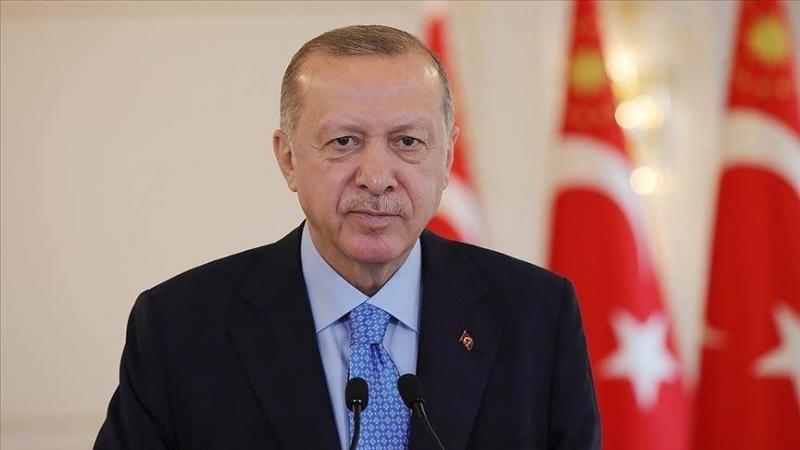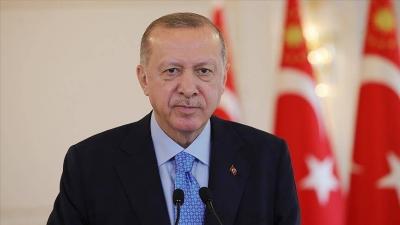Under the title "Erdogan Reaps the Opposite of What He Expected from Dismissing the Central Bank Governor," Al-Hurra channel's website published an article translated from a Bloomberg report indicating that contrary to what Turkish President Recep Tayyip Erdogan hoped for by changing the central bank governor, he will have to wait longer for the interest rate cut he desperately desires.
The Bloomberg report stated that the interest rate cut failed on Thursday, and the central bank decided to maintain the benchmark interest rate at 19 percent. The report highlighted that the meeting of bank officials, led by the new governor Şahap Kavcıoğlu, concluded that the main objective is price stability and the pursuit of a permanent decline in inflation. The report noted that in a concession to Erdogan's inclination to lower interest rates, policymakers removed their commitment to continue tightening if necessary from their statements.
While the interest rate decision aligns with economists' expectations, it is significant because it indicates that Erdogan does not hold the upper hand in monetary policy yet. According to the report, there are compelling reasons driving the central bank to refuse a reduction, including a surge in inflation to 16.2% last March, and the lira's poor performance in emerging markets last month, declining by about 7.5%. Ironically, the report states that this decline largely stemmed from the dismissal of former central bank governor Naci Agbal and the appointment of Kavcıoğlu.
Despite Erdogan's desires, the bank announced that it "decided to maintain its strict financial policy by not changing the interest rate," adding that it intends to keep it above the annual inflation rate, which reached 16.2% last month. Erdogan dismissed Agbal after he raised interest rates in his four months in office to curb inflation, and last month appointed fellow party member Kavcıoğlu in his place. The new governor is opposed to raising interest rates; in a February article in Yeni Şafak, he wrote: "The central bank should not insist on a high-interest-rate policy." He added: "High-interest rates indirectly lead to inflation."
Erdogan, who supports strong growth fueled by low-cost loans, has consistently opposed high-interest rates, referring to them as "the root of all evils," asserting against traditional economic theories that they encourage inflation.




